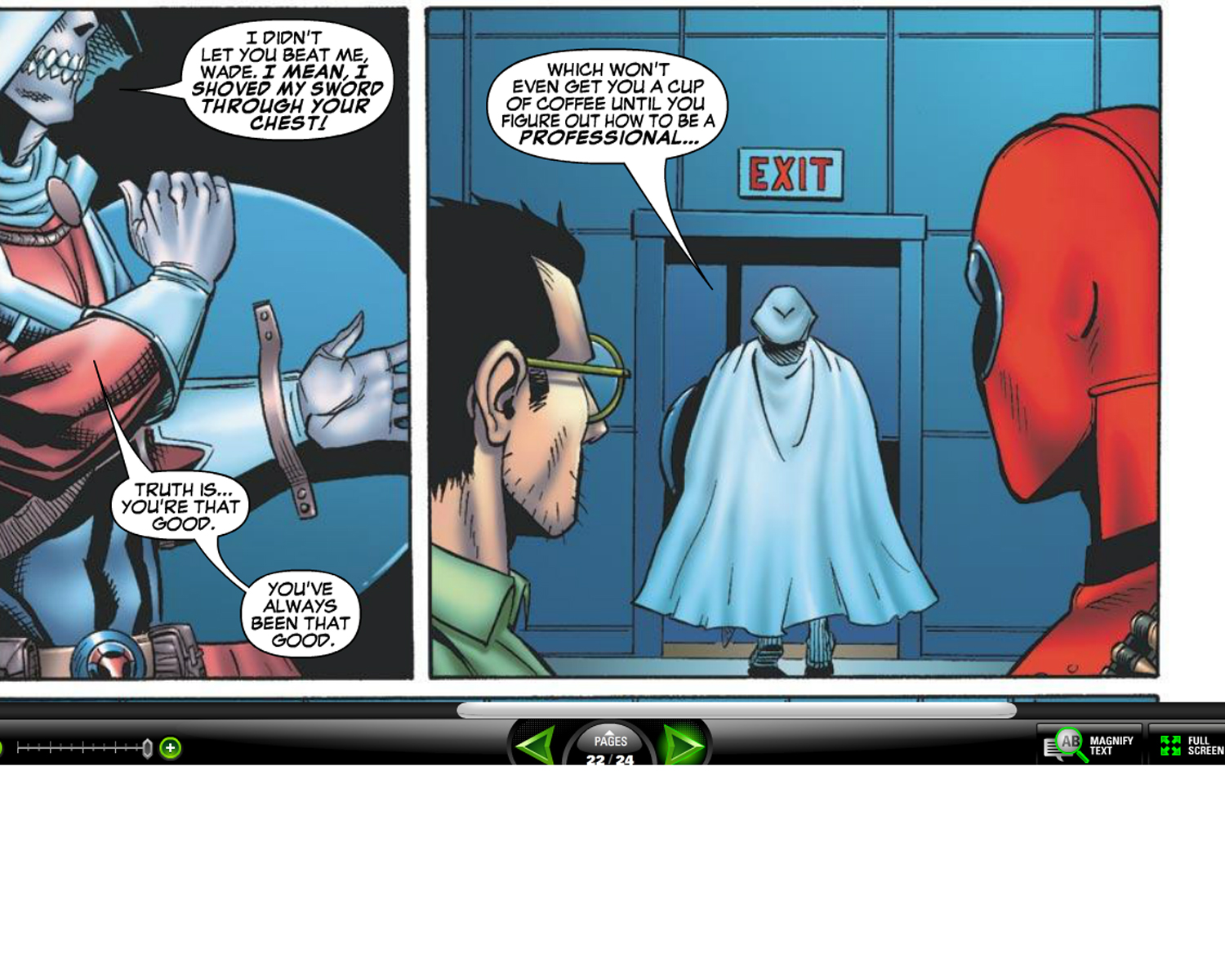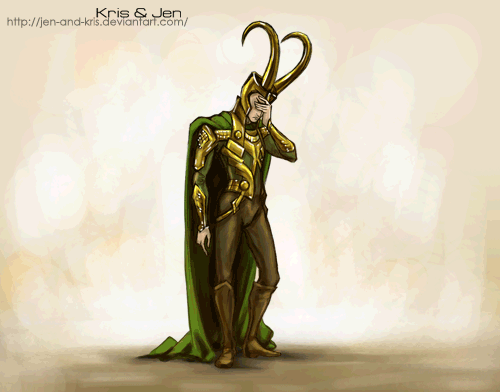The Age of the Anti-Hero has been long. Some credit George Lucas and Han Solo for popularizing the trend that had started first in literature. Some literary anti-heroes are Victor Frankenstein from Mary Shelly’s Frankenstein; Jay Gatsby from F. Scott Fitzgerald’s The Great Gatsby; Gollum from J. R. R. Tolkein‘s Lord of the Rings series; Batman created by Bob Kane and Bill Finger; Dexter Morgan from Jeff Lindsay’s Darkly Dreaming Dexter (also popularized as a tv series).
Basically an anti-hero is a hero who sees morals as more of a guideline than an absolute. They are not averse to breaking laws and bending rules to reach their stated goal.
So what lead to the downfall of the traditional hero?
People wanted someone they felt they could relate more closely too, not some moral ideal. They wanted a hero that was gritty and as morally corrupt, or at least questionable, as they feel themselves to be. This trend has spawned a great number of vigilante types in fiction and movies. While they (usually) make for interesting characters, the type has grown stale and overused due to ceaseless repetition of the same tropes.
As any of you who follow this blog know, I’m a huge fan of villains. Anti-heroes amuse me because they are pseudo-villains. Now this is not to say that there aren’t some that I don’t genuinely like. While they are a grittier, more true to life hero than say, Superman, they still have their issues.
So it was with much surprise and a little chagrin that I realized I had found a true hero that I’m completely in love with. Let me explain what I mean by true hero and then I will discuss my adoration of this character.
A hero is morally upright, places great importance on doing what is right and just, does everything in their power to help those who are weaker or in maligned condition, they have integrity, honor, are trustworthy and true to their word. Their sense of right and wrong guides all they do.
I’m getting bored just explaining the term.
But I understand that this is something all of us wish we were and few of us will ever fully accomplish. So now on to how I fell in love with a hero.
I tend to watch cartoons with my children. My son had found a newer cartoon on Netflix that I didn’t really pay attention to until he was several episodes in. I sat through one episode and was hooked. At first I was more interested in the villains, but then in one episode the hero did something I found shocking. He made a mistake, an error in judgement that resulted in people getting hurt. And it hurt him. He was mortified and humble in is apology. Something sparked in my mind and I began to watch him more closely. By the end of the second season I am not ashamed to say that I was an emotional wreck. I won’t spoil the ending for you but it was not a typical one for a children’s cartoon.
You are probably wondering who I’m talking about. So please allow me to introduce him:
Optimus Prime in the new Hub series Transformers Prime
Meet Optimus Prime. At least his newest iteration. I grew up watching Beast Wars and later Transformers Animated (which I gladly will forget, even when it first was out I got irritated with it) then along came the Bay movies. But it wasn’t until this most recent aligned continuity (which includes 2 novels, 2 video games, comics and the cartoon) that I feel Optimus really came into his own. His backstory is much richer and more involved than ever before with two novels explaining where he came from and how he met Megatron. Previously, we were shown little of how Optimus became leader of the Autobots and came to wage war on the Decepticons. In the Bay movies he’s not given much characterization other than being a warrior and the leader of the Autobots. Transformers Prime (TFP) goes way beyond this and even allows us to see him not just as a Prime but as a person. He has fears, hopes, makes mistakes, gets embarrassed and enraged, but through it all he is still Optimus Prime.
His first self imposed priority is to keep his team safe. Next he does his best to protect humanity. Life, all life, is precious to him and he even hesitates to deliver the final blow to his enemies. He states several times that it is his desire not to kill the Decepticons but to change their minds. Being an Autobot or a Decepticon is a choice and one that carries with it grave consequences.
Optimus might be humble and willing to listen to his team, but that doesn’t mean he is a push over either. He is not above admitting his mistakes either. In the final episodes of season one he faces one of his greatest challenges in the form of a god reborn. Even when facing a figure out of Cybertron’s distant past he displays great courage, honor and humility in addressing Unicron. If you do not wish to have the show spoiled for you, do not click play.
I’m sure you are wondering just which episode turned my head, so to speak. Honestly, it was late in season two and the Autobots had just suffered a resounding defeat. Optimus returned to base wounded and went right back to work trying to decode the Iacon database in the hopes of finding some way to defeat the Decepticons. It was at this moment I realized just how selfless and self sacrificing he is. Going back and re-watching the entire series I gained a much greater understanding of him and of his determination. I gained an all new respect for him as a character once I read the novels. He’s suffered through some horrific things and had immense responsibility thrust on him. Yet, he hasn’t given up or wavered in his beliefs.
Most heroes seem two dimensional at best. They seem to be self-righteous do gooders, incapable of true humility even if they are self sacrificing. Altruism while an admirable quality is often seen as a weakness by most. Being willing to sacrifice oneself is one thing, knowing the appropriate time is another. In the novel Transformers: Exodus by Alex Irvine, Optimus makes a very valid point about honor and sacrifice, one that I have never seen put so plainly or even addressed. He asked a fellow Autobot what the worth of honor was if that honor led to a senseless death that could have been avoided? It is this attitude that endears him to me. He sees the bigger picture, he understands that having honor and pride is not enough, it must be tempered with humility and meekness. Realizing that one cannot always win just because they think they are in the right. Sometimes losing is just as effective, you allow your enemy to misjudge, miscalculate and overreach.
This does not mean that Optimus has not made errors in judgement or simple mistakes. He is not infallible and he’s not make out to be. But he accepts these failures, learns from them and becomes more determined. He’s not afraid to apologize and admit he is wrong, to his own team or to their human allies.
There are many other reasons why I find him so appealing, but I feel that it is best to discover them on your own. I’m still getting used to the fact that I adore the big bot. It’s a testament to the skill of the new writers that they’ve made a hero even I can love.
Related articles
- [TV] Transformers Prime: Season 2 (geeky-guide.com)
- Nerd Bite: The Anti-Hero (scotzig.com)



 See villain defined for English-language learners »
See villain defined for English-language learners »